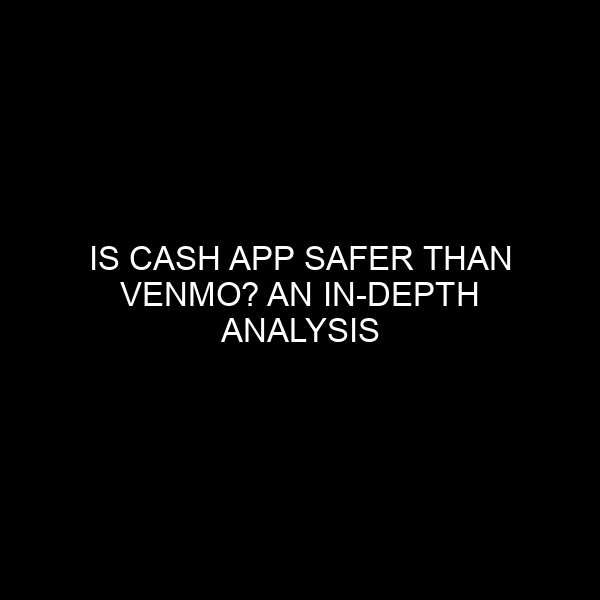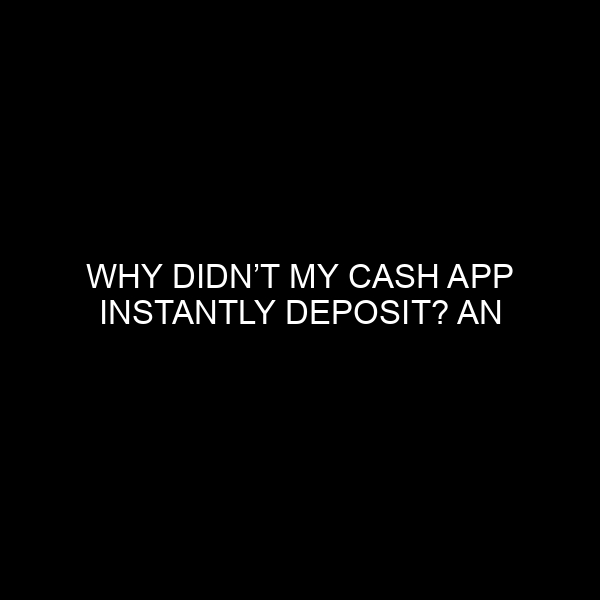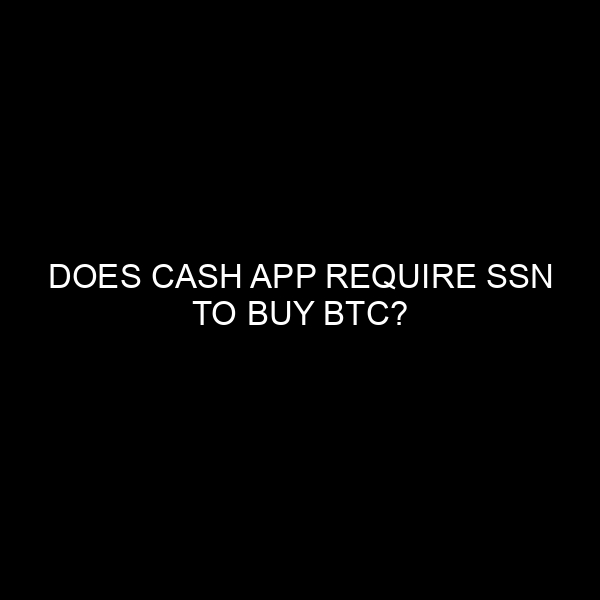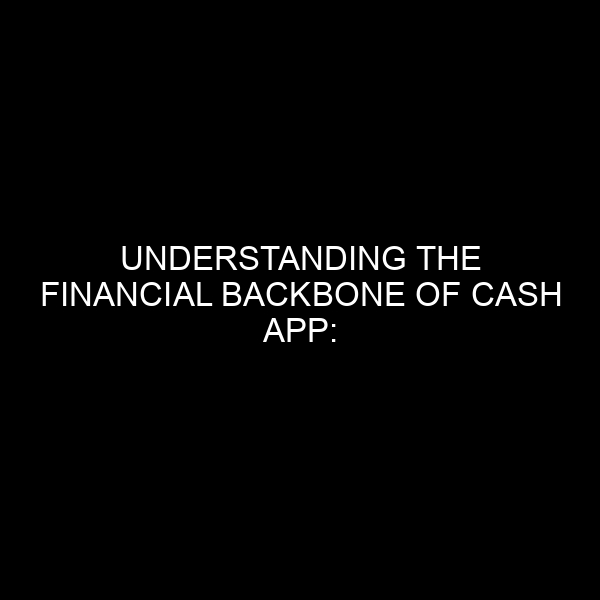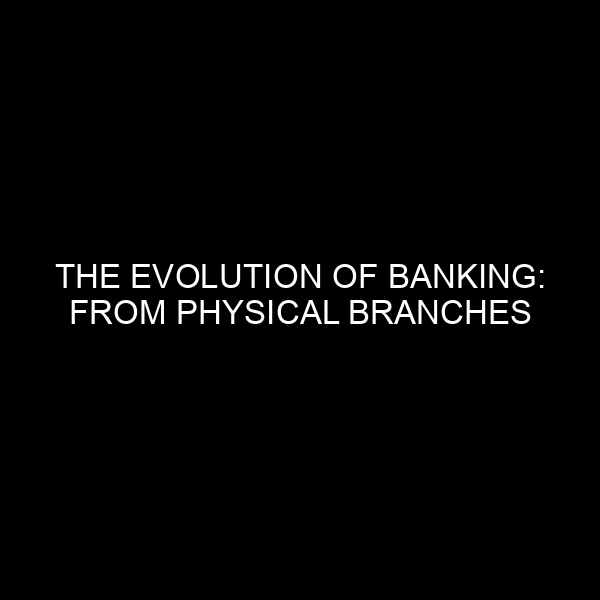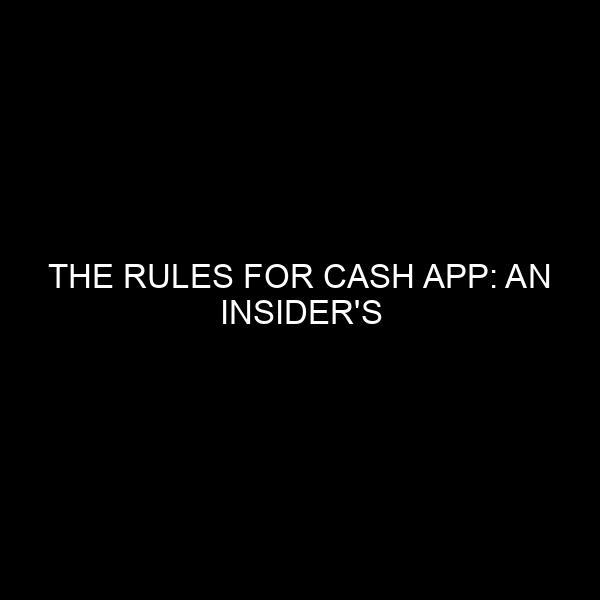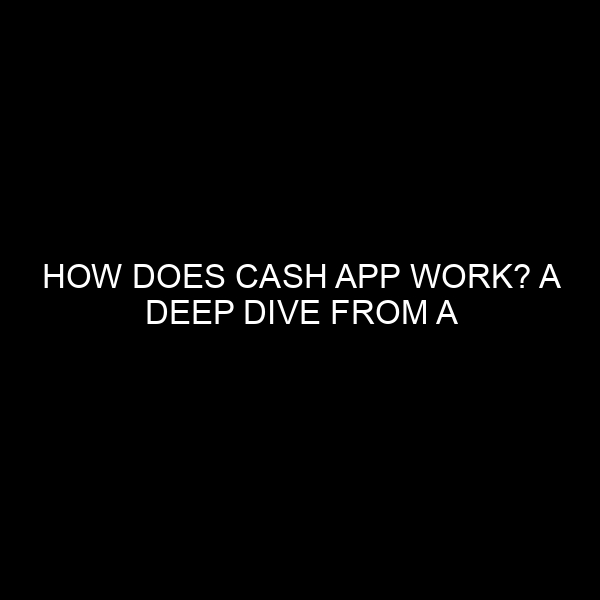Is Cash App Safer Than Venmo? An In-depth Analysis
In today’s rapidly evolving digital age, the convenience of instant money transfers via mobile apps has revolutionized the way we deal with finances. Two of the most popular players in this domain, Cash App and Venmo, have found themselves under constant comparison. Both have amassed millions of users, but a common question lingers: Which is safer, Cash App or Venmo? Drawing from my extensive experience in the financial market and banking industry, I aim to dissect this question and offer a comprehensive comparison based on several safety parameters.
A Brief Overview: Cash App vs. Venmo
Cash App is a mobile payment service developed by Square, Inc., facilitating money transfers between users. With a simple and intuitive interface, Cash App has been lauded for its straightforwardness and the ability to buy or sell Bitcoin. Square’s involvement gives it a robust financial backing and expertise.
Venmo, on the other hand, is a mobile payment service owned by PayPal. It’s known for its social feed where transactions (sans the amount) can be seen by your friends, adding a unique social twist to financial transactions. PayPal’s long-standing reputation in the online transaction domain undoubtedly lends credence to Venmo’s credibility.
Security Features in Focus
Encryption
Both apps employ strong encryption to protect users’ data. Venmo uses bank-level encryption to guard its users’ financial information. Likewise, Cash App uses encryption to ensure that your data is not accessible to unauthorized parties. Encryption serves as the first line of defense, ensuring that even if data is intercepted, it remains indecipherable.
Authentication
Two-factor authentication (2FA) has become a standard for any app that manages sensitive information. Both Venmo and Cash App offer 2FA, ensuring an added layer of security. This means that even if someone knows your password, they’d need another form of verification, usually a code sent to your phone, to access your account.
Payment Verification
Cash App has a unique feature called the Cash PIN, which acts as a secondary authentication for all payments, withdrawals, and changes to account settings. Venmo also provides a similar option called PIN code in its settings for additional in-app security.
Account Monitoring
Both apps have mechanisms to monitor accounts for suspicious activities. If any irregular activity is detected, such as a sudden surge in transactions, the app may temporarily freeze the account and notify the user. This proactive approach ensures users’ funds are shielded from potential threats.
Customer Support
In the unlikely event of a security breach or unauthorized transaction, the responsiveness of customer support is crucial. While both platforms offer customer support, Cash App has occasionally been criticized for slower response times, especially when it comes to email support. Venmo, backed by PayPal’s vast infrastructure, generally offers swift assistance, but it’s not without its share of complaints either.
Potential Vulnerabilities
Despite the robust security measures, no platform is entirely immune to threats.
Phishing Scams
Both Venmo and Cash App users have been targets of phishing scams, where fraudsters send deceptive emails or messages to extract sensitive information. While this isn’t a flaw with the apps themselves, it’s essential to be aware of such threats.
Public Transactions on Venmo
The social aspect of Venmo, which allows users to see others’ transactions (without the amount), could be considered a privacy concern. Although you can adjust your privacy settings, if overlooked, this feature might inadvertently reveal more about your financial habits than you’d like.
Final Thoughts: Which is Safer?
Safety, in the digital realm, is often a combination of the security measures implemented by the service and the user’s awareness. Both Cash App and Venmo have made commendable efforts to ensure user safety. However, no platform can claim 100% immunity from threats.
While Venmo has the backing of PayPal’s legacy and infrastructure, Cash App benefits from Square’s innovation and financial acumen. If you’re more privacy-conscious, Cash App’s lack of a social feed might appeal to you. Conversely, if you appreciate the social touch to your transactions, Venmo is the way to go.
It’s crucial to remember that while these apps provide tools for protection, users must also play their part. This involves regularly updating the app, using strong, unique passwords, enabling 2FA, and being vigilant against phishing scams.
In conclusion, the choice between Cash App and Venmo boils down to personal preference. Both platforms, underpinned by significant industry players, offer solid security measures. It’s up to the user to leverage these tools and stay informed about potential vulnerabilities.
